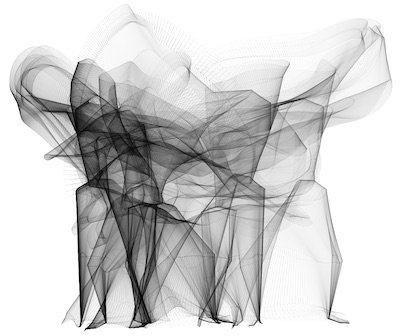
The Meaning of Movement
The New School of Psychotherapy and Middlesex University has approved ethics for this research project.
How do people understand themselves through skill-based movement practices?
The term ‘skill-based movement practice’ refers to a dedicated practice that involves the learning of technique and skills. It is a solo movement activity that can be practised alone or in the company of others). The practitioner needs to have a dedicated movement practice of 10 years or more, that is practised for a minimum of 6 hours per week.

Do you have a movement practice that feels like part of you?
Would you like to explore this further through my research project?
This project explores the unique experience of people who feel that their movement practice is an essential part of who they are, and how they know themself.
Your insight can help therapists, counsellors and individuals better understand how autonomous movement practices can be used for self-understanding, and self-creation. Whether it is calisthenics, capoeira, parkour, ice-skating, roller-skating, yoga, tai chi, dance, climbing, or another activity; for some movement is an integral part of being alive, of knowing and understanding themself in the world.
Who can participate in this research?
Anyone who is over 30, who has a dedicated long-term movement practice of ten years or more, for a minimum of 6 hours per week.
‘The term ‘movement practice’ refers to skill-based technical movement practices that require the learning and honing of skills (as opposed to freestyle movement forms).
Movement should be at an expert level demonstrated by: the ability to teach others (beginners and advanced); professionality/performance; recognised levels (advanced); or reputation within your movement community.
Movement activities that navigate the natural environment (eg. surfing, windsurfing, outdoor rock climbing etc..) are excluded from this research.
The criteria for the skill-based movement should fit into Mikhail Csikszentmihalyi’s (2002) ‘flow state’ framework for concentrative practice:
‘facilitate concentration and involvement by making the activity as distinct as possible from the so-called "paramount reality" of everyday existence.' (p.72)
‘rules that require the learning of skills’ (p.72)
‘set up goals,…. provide feedback’ (p.72)
‘Self-consciousness disappears, and the sense of time becomes distorted’ (p.72)
‘‘make control possible’ (p.72)
How will you participate?
If you think you might be interested and would like to learn more, please contact me. I will share further information about the research, and potentially arrange a short call to discuss your participation and answer any questions you may have.
By participating in this research you will be invited to inquire and reflect on the unique qualities of your movement practice, the embodied experience of yourself in movement, and how you relate this to your understanding of yourself and your world: the meanings that you bring to your practice and your life alongside it (relationships with self and others, work, identity, and more).
This will be a reflective, intimate conversation that will hopefully deepen your own insight and understanding as well as provide inspiration for others.
My movement practice
(she/her)
I am a long-term ashtanga yoga practitioner and a psychotherapist. Movement has been an essential part of deconstructing and reconstructing myself over the years. It is something that I turn to again and again to understand myself, heal myself, and empower myself and my relationships with others. Therapy gave me a language to articulate my experience of embodied knowledge.


